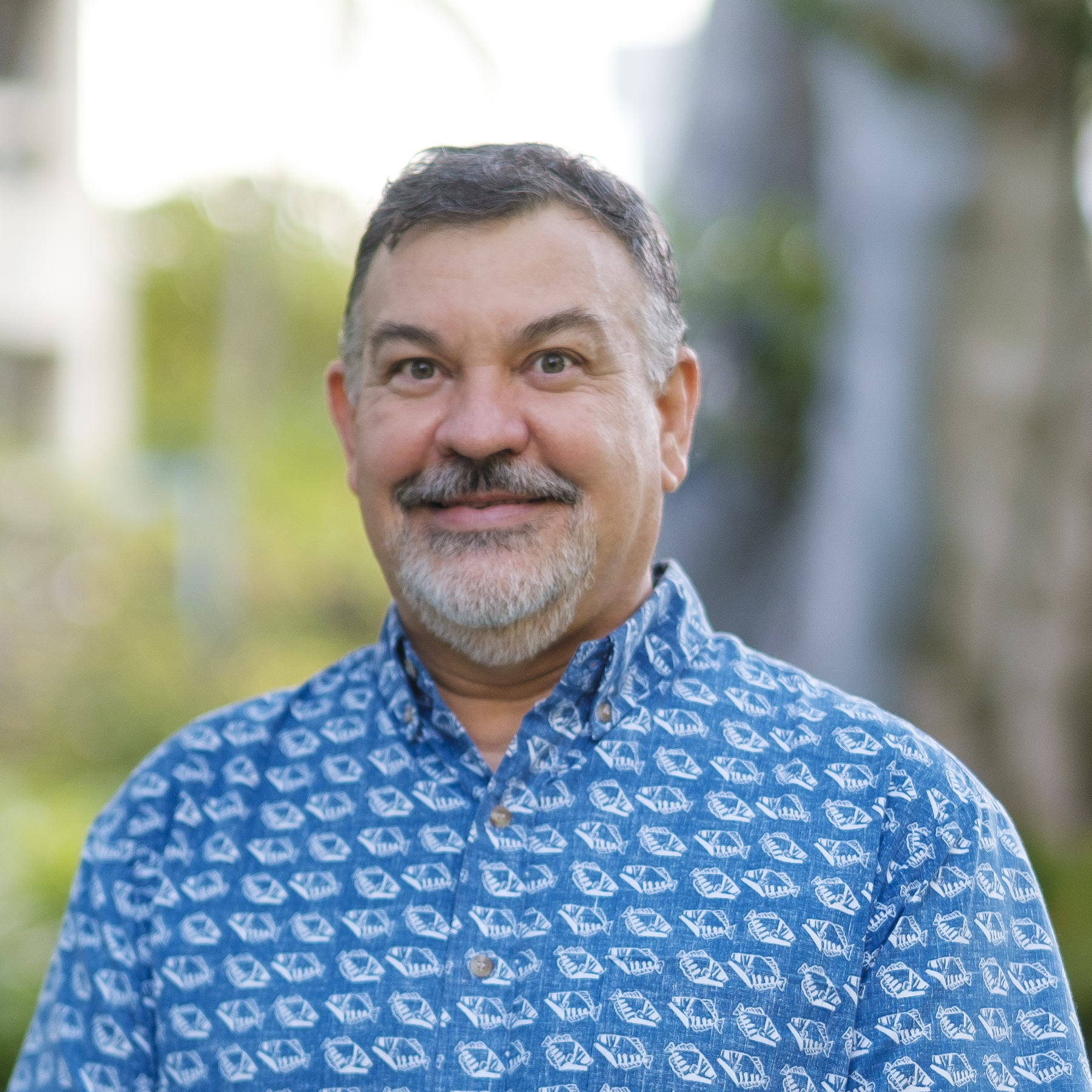Carlos E. Juárez

Dr. Carlos Juarez is a professor emeritus at Hawaii Pacific University and a specialist in the comparative political economy of developing nations. In 2021, he joined the East-West Center in Honolulu, an education and research organization which serves as a U.S.-based institution for public diplomacy in the Indo-Pacific region. He has held Fulbright Scholar awards to Mexico, Austria, and India. During his Fulbright experiences, Carlos taught courses on U.S.-Mexico relations, global political economy and intercultural management, and comparative political development. He completed research projects on complex interdependence between Tijuana, Mexico, and San Diego, California, as well as on political violence in India, and delivered guest lectures in Dubai, Germany, Lithuania, Nepal, Norway, Poland, and Slovenia, as well as throughout India.
His Fulbright experiences led to faculty and student exchanges with his host institutions, and the pursuit of his commitment to train and connect globally competent young leaders. He has taken on leadership roles in the state chapter of the Fulbright Association, including serving as president. Carlos became the first Fulbright Program Adviser at his home campus. He also hosted visiting Fulbright Scholars from Czech Republic, Slovenia, and Ukraine as well as Fulbright Foreign Language Teaching Assistants (FLTAs) from Egypt, Libya, and Morocco, working with the Fulbright Association to connect these visiting Fulbrighters with the local community. Carlos was born in the United States to Mexican immigrant parents. He is a first-generation college student who went on to receive a Ph.D. from UCLA.
Ask Me About:
- Engaging effectively with the local community
- Preparing in case of health problems
- Explaining U.S. culture, politics, and society at a time of division and polarization
- Considering taking family, especially young children
